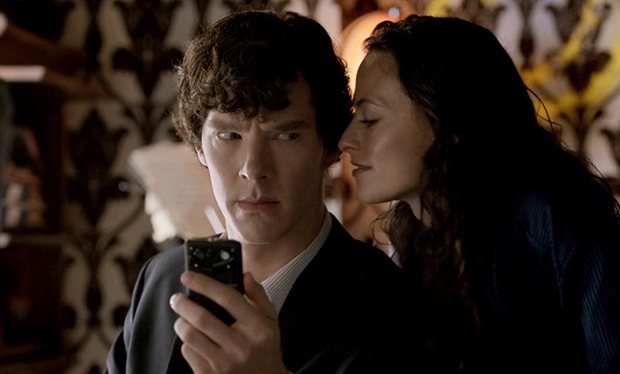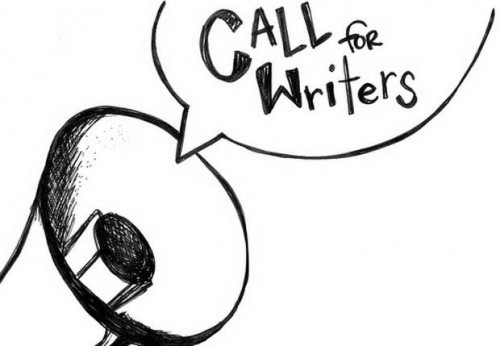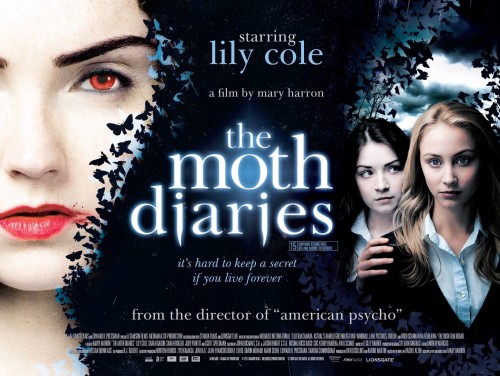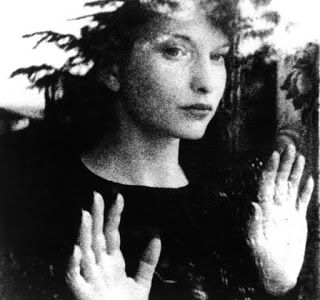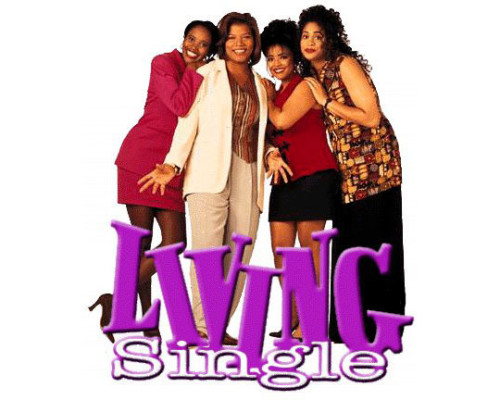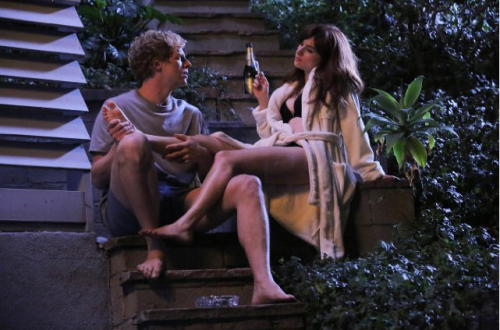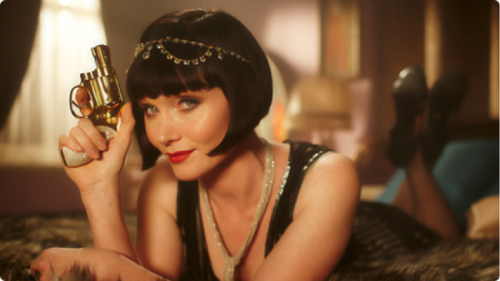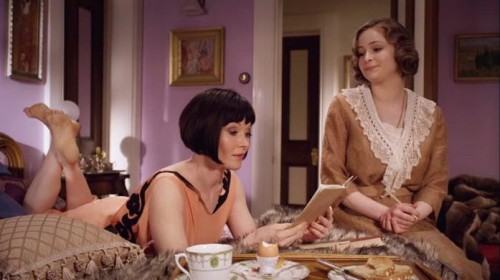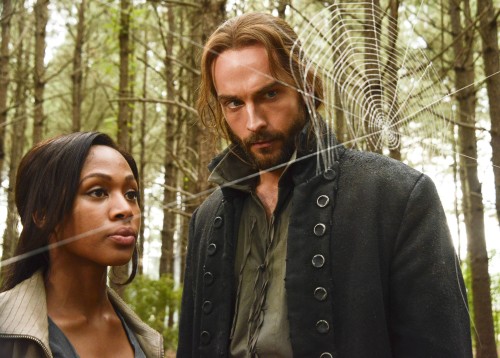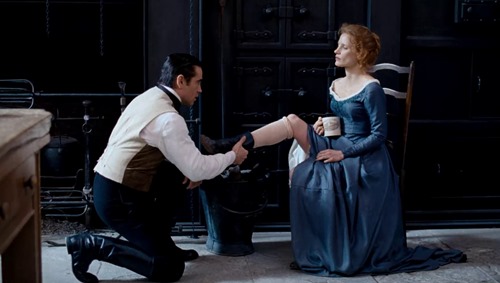Sherlock Holmes and the Case of Forced Heteronormativity
Irene Adler never needed Sherlock Holmes or any man (including the Czech King who hired Sherlock to face her in the first place), and when she finds love (with a man who is neither the king nor Holmes), it’s on her terms. Irene Adler only appears in one of Conan Doyle’s stories because she has her own life, and it does not rotate around nor even involve Sherlock Holmes. She is a clever, intelligent, resourceful, sex-positive woman in control of her own life, her own body, and her own destiny, and deserves not only a writer to do her justice, but a series to completely center her and all her fantastic escapades.
